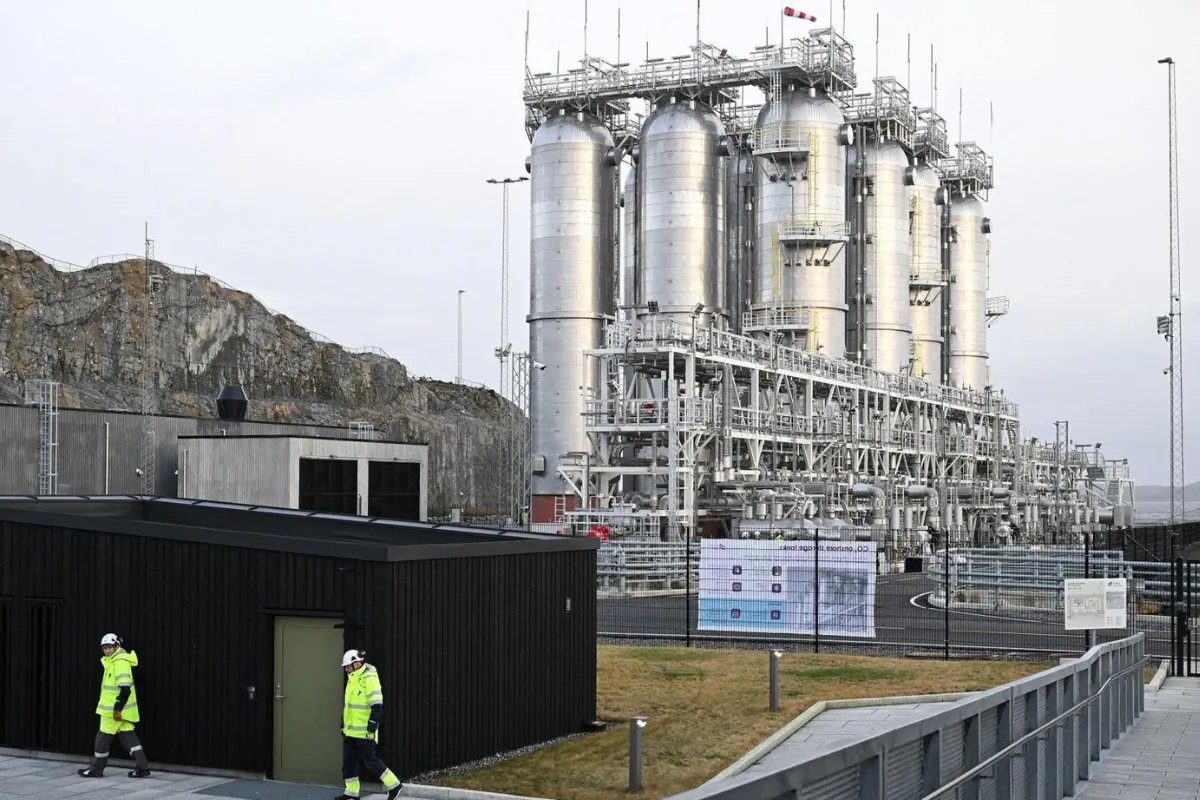In response to the recent letter by Bill Bissett, president of the West Virginia Manufacturers Association, titled “Another look at carbon capture and storage,” published in the May 10-11 edition of the Parkersburg News and Sentinel, I feel it is important to present a different — and fact-based — perspective on the issue of carbon capture and storage (CCS), also known as carbon capture and sequestration.
Mr. Bissett claims that CCS is a “proven and safe” technology. However, simply pointing to the fact that attempts to develop this technology have existed since the 1970s does not make it either successful or safe. In fact, numerous experts and scientific resources argue the opposite.
One such source is carboncapturefacts.org, a website maintained by the Science and Environmental Health Network (SEHN). This site offers a thorough overview of the wide-ranging issues associated with CCS — including problems related to carbon dioxide capture, pipeline transport, usage, storage risks, water consumption, water quality, and the financial pitfalls tied to tax incentives like the 45Q credit.
The reality is that CCS is not only prohibitively expensive but also fundamentally flawed in terms of scale. It has never been proven effective at capturing and storing the massive amounts of CO₂ that contribute to our global climate crisis.
Additionally, the dangers associated with this technology are not theoretical. CO₂ is an asphyxiant. If a pipeline carrying compressed carbon dioxide leaks or ruptures, it can displace oxygen, stall combustion engines, and even pose fatal risks to people in surrounding areas.
A well-documented case is “The Gassing of Satartia,” a chilling investigation by journalist Dan Zegart for the Huffington Post that outlines what happened when a CO₂ pipeline exploded in Mississippi. The consequences were real — and terrifying.
So why the push for CCS? It’s not about public health or environmental safety. It’s about propping up the fossil fuel industry.
This technology is being promoted primarily by those who want to extend the use of coal, oil, and gas — industries that have long contributed to the environmental degradation we are now scrambling to reverse. It is not a climate solution; it is a delay tactic dressed as innovation.
Let’s also consider the credibility of the source. The West Virginia Manufacturers Association — which Mr. Bissett represents — has a history of controversial stances on environmental policy.
In 2019, the group suggested at the West Virginia Legislature that the state’s water quality standards should be relaxed because West Virginians are more obese than the national average and therefore, presumably, less likely to be affected by water pollution. That kind of logic raises serious questions about the group’s commitment to public health and science-based policy.
At the end of the day, I’ll put my trust in scientists, public health professionals, and independent economists who are not financially tied to fossil fuel profits.
These are the people best positioned to evaluate the safety, effectiveness, and long-term viability of technologies like carbon capture and storage. The stakes are too high to let industry lobbyists control the narrative.
















